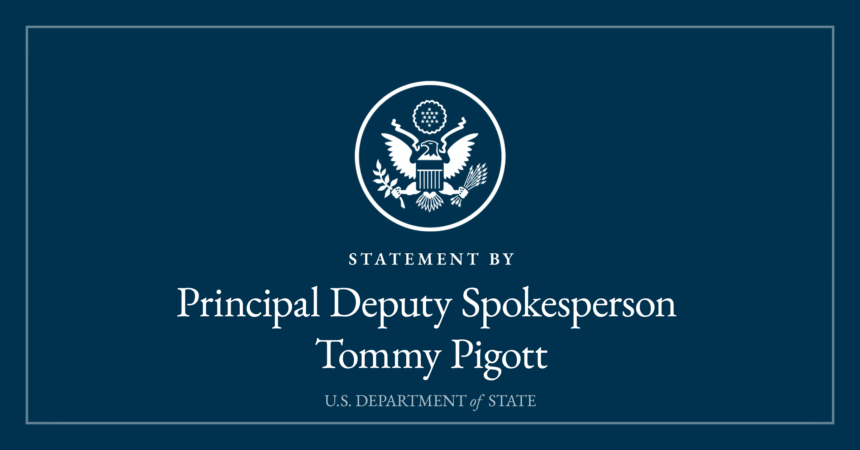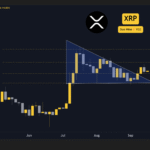In a significant move today, the United States government has taken steps to counteract Iran’s destabilizing influence by designating an international illicit financial network alongside several individuals and entities located in Hong Kong and the United Arab Emirates. This network is reportedly involved in facilitating the sale of Iranian oil, with the proceeds benefiting Iran’s Islamic Revolutionary Guard Corps Qods Force (IRGC-QF) and the Ministry of Defense and Armed Forces Logistics (MODAFL). The funds generated from these sales are allegedly being used to support various regional terrorist proxies and to develop weapons systems that directly threaten U.S. forces and its allies.
This designation is part of a broader strategy focused on counterterrorism, executed under Executive Order 13224, which has been amended over time. It marks the fourth round of sanctions specifically aimed at Iran’s shadow banking infrastructure, following National Security Presidential Memorandum 2. This memorandum directed a concerted effort on maximum pressure against Iran.
U.S. officials have reiterated their commitment to disrupting the financial streams that empower Iran’s malign activities. The message is clear: as long as Iran continues to channel its illicit revenues into actions that threaten U.S. interests and allies, support terrorism globally, and pursue other destabilizing measures, the United States will utilize all available resources to hold the regime accountable for its actions.
In addition to these sanctions, officials announced the revocation of a sanctions exception that was previously provided in 2018 under the Iran Freedom and Counter-Proliferation Act (IFCA) concerning Afghanistan reconstruction and economic development. This revocation will take effect on September 29, 2025. Once this change is in place, entities involved in operating the Chabahar Port or other activities mentioned in IFCA could find themselves subject to new sanctions.
This latest development underscores the ongoing tensions between the United States and Iran, as both nations navigate a complex geopolitical landscape marked by mutual distrust and competing interests in the region.







